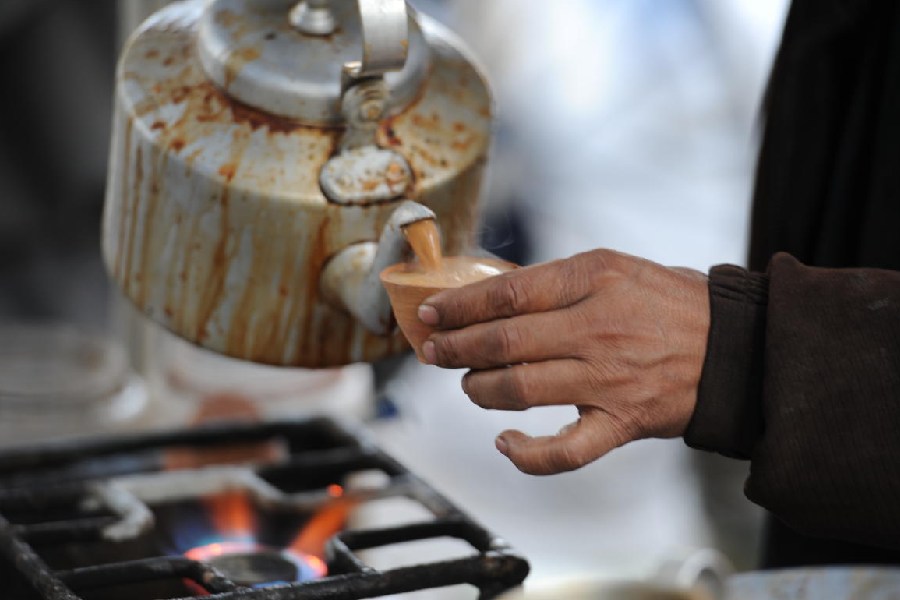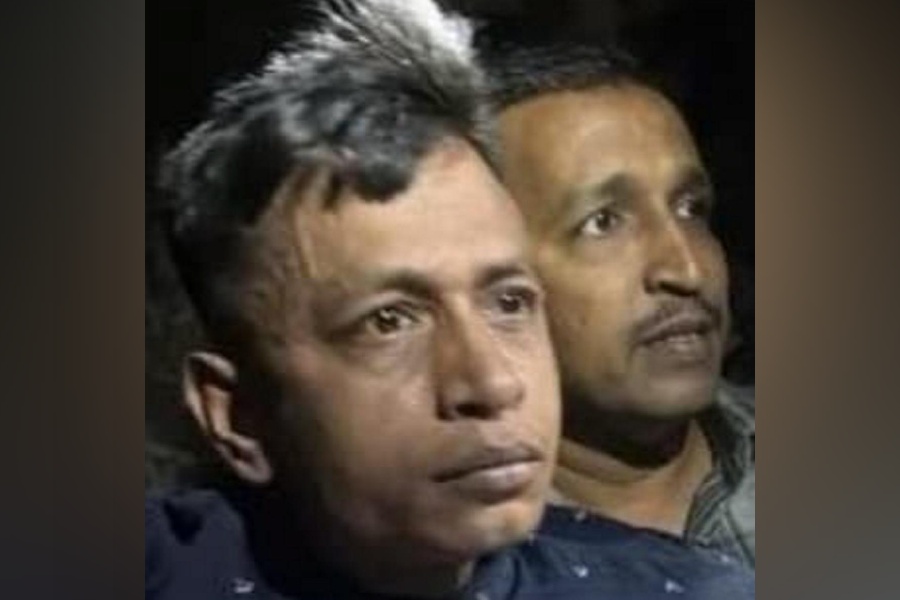The Bengal health department has decided to conduct the inspection and the sampling of tea sold in the state after flash surveillance conducted by the Food Safety and Standards Authority of India (FSSAI) in four metros found major non-compliance with safety standards by major brands.
The commissioner of food safety has directed all chief medical officers of health (CMOHs) to complete the “inspection/awareness” drive by April 30 and submit a consolidated report to the food safety branch of the state’s health and family welfare department by May 15.
The commissioner’s office has also provided a list of 544 tea manufacturers, relabellers and re-packers to the CMOHs.
“You are hereby requested to direct FSO (food safety officers) under your jurisdiction to conduct inspection/sampling at the FBO (food business operator) premises ……samples shall be collected and sent to the laboratory to the possible extent. The concerned laboratory shall analyse the samples and submit report as soon as possible,” the letter addressed to the CMOHs reads.
A note by G. Kamala Vardhan Rao, chief executive officer, FSSAI, which is under the Union ministry of health and family welfare, to the Bengal commissioner of food safety on February 6, 2024, stated: “… a Flash Tea Surveillance was conducted by FSSAI from 27.09.2023 to 15.10.2023 w.r.t major Tea brands across all the 04 metro cities to assess the safety of the tea wherein major non-compliance has been reported specifically w.r.t pesticides residues including the presence of off-label pesticides.”
Sources said in recent years, the presence of pesticides exceeding the Maximum Residue Limit (MRL) in tea had been the cause of rejection in a few cases during export. India is the fourth largest tea exporter after China, Sri Lanka and Kenya.
There have also been allegations that some blenders in India are mixing Nepal tea which has high pesticide residues.
FSSAI has suggested that during the inspection, awareness be conducted among planters on safe agricultural practices. “Use of unauthorized pesticides in tea cultivation may be looked into and necessary steps shall be taken by the state government for banning the same and ensuring availability of safe alternatives,” the FSSAI letter to the Bengal government states.
Despite the findings during flash surveillance, most tea associations maintained that their members strictly comply with the standards and protocols of FSSAI.
Another planter, however, said the directive from the state government was a “good intended letter.” “However, it needs to be seen whether the directive can be enforced in the right spirit. A strict enforcement will benefit the industry and the connoisseur of teas,” said the planter.











